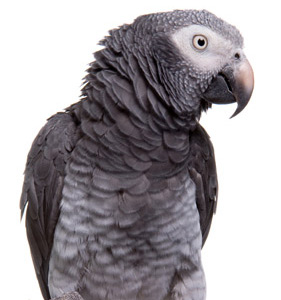JFields
Member
Hi all!!
I still have my screamer Henry, but he's getting better(praise the Lord).
I've noticed the edge of his feathers turning black. He's on seed, fresh fruits and veggies. He gets 1 animal cracker every afternoon. What else can I do?
I still have my screamer Henry, but he's getting better(praise the Lord).
I've noticed the edge of his feathers turning black. He's on seed, fresh fruits and veggies. He gets 1 animal cracker every afternoon. What else can I do?
